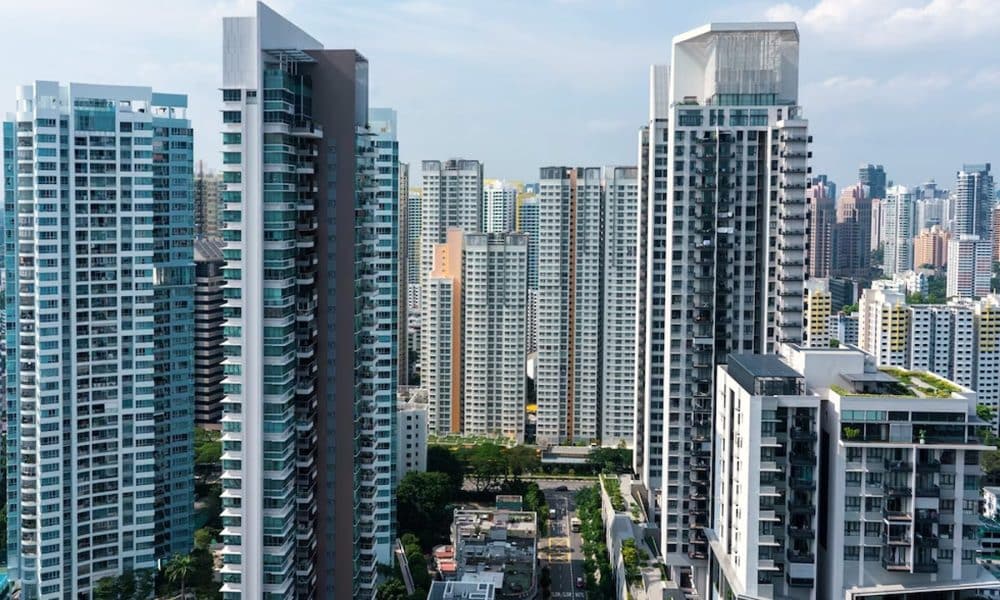

Real estate developers are the driving force behind the construction of entire communities and cities. They are responsible for creating new developments, transforming existing ones, and shaping the built environment around us. From designing master plans to overseeing construction projects, real estate developers play a critical role in shaping our surroundings. The primary responsibility of a real estate developer is to identify development opportunities. They must evaluate potential sites based on factors such as location, zoning restrictions, environmental impact, and market demand. They have identified a viable site, they will work with architects and engineers to design a development plan that meets the community. Real estate developers must also secure financing for their projects. It involves working with banks or other lenders to obtain loans and seeking out investors willing to provide capital in exchange for an ownership project.
Once financing is secured and plans are finalized, real estate developers oversee construction activities on-site. Hiring contractors and subcontractors, ensuring all necessary permits are obtained, and managing timelines and budgets to ensure projects stay on track. Developers work closely with local governments and community organizations to ensure their projects meet the needs of the community, while also positively impacting the surrounding area. It involves public outreach efforts such as town hall meetings or community forums. This is where residents voice their concerns or provide feedback about proposed developments. Real estate developers must be able to balance these concerns with business considerations such as profitability or return on investment.
In the community-building efforts at individual development sites, real estate developers also have larger-scale urban planning initiatives. They may partner with government agencies or non-profit organizations to create comprehensive revitalization plans at improving housing affordability, creating jobs, and enhancing public spaces like parks or civic centers. These efforts not only benefit individual communities but also contribute to the health and vibrancy of cities as a whole. In the process of designing and building new developments, developers have a responsibility to take sustainability into account as well. It involves incorporating green design features such as energy-efficient lighting or solar panels, reducing waste during construction, or incorporating green spaces into development plans.
The jordan fletcher st catharines developer must be aware of changing market trends and adapt accordingly. Developers may need to rethink traditional retail spaces in mixed-use developments in light of the growth of e-commerce and online shopping in a time. When developers offer you amenities like cafes, fitness studios, or coworking spaces in their mixed-use developments. Real estate developers are the unique advantage of these trends to create projects that are not profitable but also meet the needs of their future tenants or residents. Real estate developers play an essential role in shaping communities and cities. By considering environmental sustainability and staying ahead of market trends, real estate developers ensure their projects remain relevant for years to come. Whether working on large-scale urban planning initiatives or individual development sites, real estate developers are critical players in creating livable communities that contribute positively to society at large.







